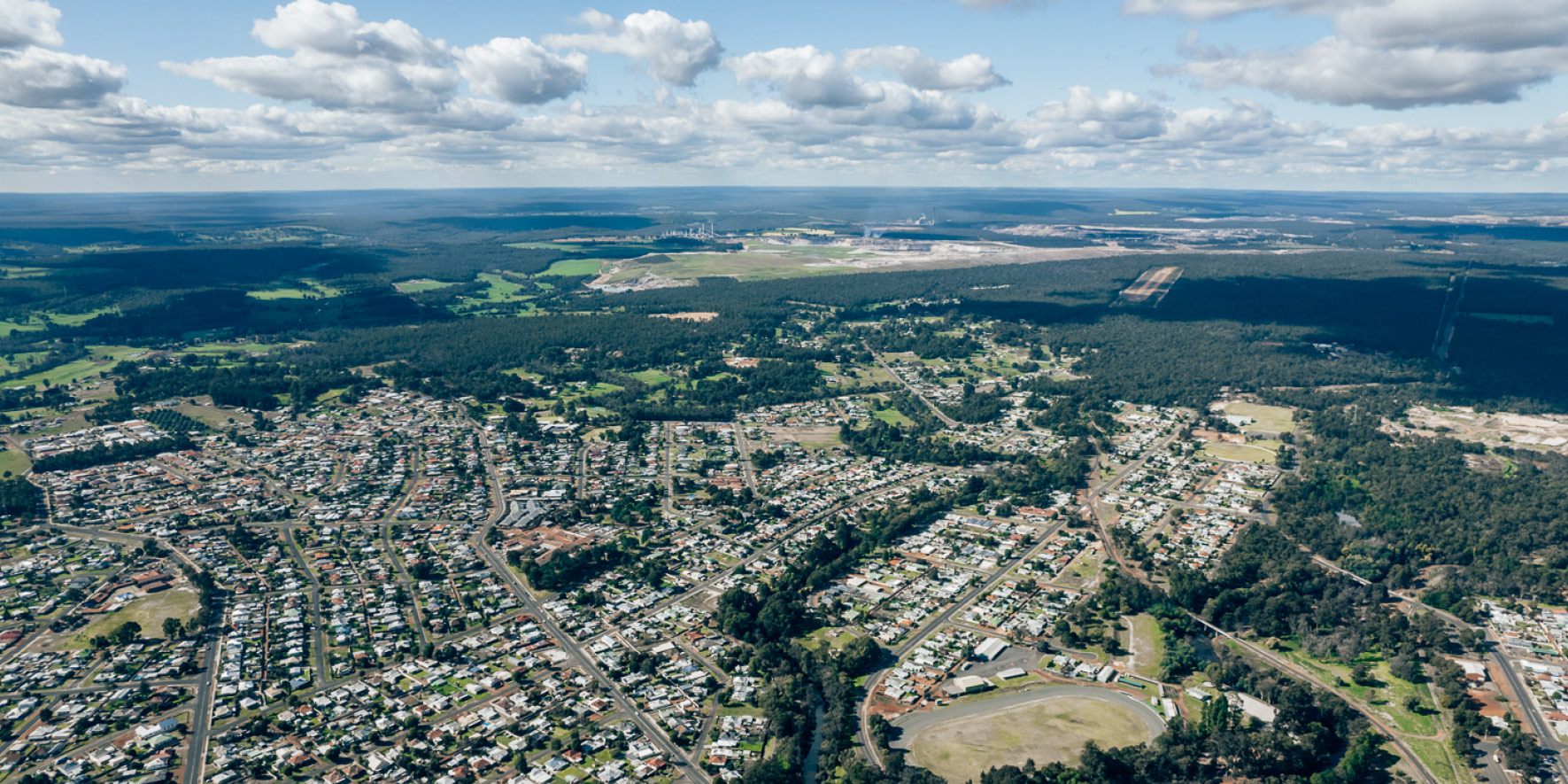
Massive uptake of rooftop solar means Western Australia’s State-owned coal power stations are set to be retired by 2030.
This move toward renewable energy will help protect households from higher power bills as well as assist in stabilising electricity supply and improving system security.
With the Collie Power Station set to be retired in late-2027and Muja D in late-2029, the town of Collie will require support as it faces significant change.
A $547.4 million package will help secure new industrial projects and create jobs in Collie, to ensure the town and its people have a strong future. This funding will support everyone, including:
- impacted workers needing to retrain
- small business owners
- job seekers requiring skills assessments and recognition of prior learning
This package builds on the existing $115 million invested in Collie to diversify the local economy and support the town.
Without this shift towards renewable energy, average yearly household electricity costs are projected to increase by more than $1,200 by 2030.
Currently, WA's electricity system is being increasingly challenged by the overwhelming uptake of rooftop solar. These pressures force Synergy to offload excess power generated during the day at a loss, and add additional maintenance and generation costs, which ultimately costs taxpayers.
To address this, an estimated $3.8 billion will be invested in new green power infrastructure in the South West Interconnected System (SWIS), including wind generation and storage, to ensure continued supply stability and affordability. This investment is expected to pay for itself by 2030-31 relative to status quo of increasing electricity subsidies.
This will be the largest infrastructure program in WA since METRONET, and will set the State up for a reliable, affordable, renewable energy future while creating thousands of jobs in regional WA.
The transition to higher levels of renewables and storage will happen in a sensible, orderly, consultative manner to ensure workers, industry and communities are strongly supported.
WA households will also continue be supported with electricity prices to be capped at inflation.
Phasing out coal-fired power means Synergy's carbon emissions will be reduced by 80 per cent by 2030, including a 40 per cent emissions reduction on the SWIS, compared to 2020-21 levels.
For further information see the Collie Community Factsheet.


